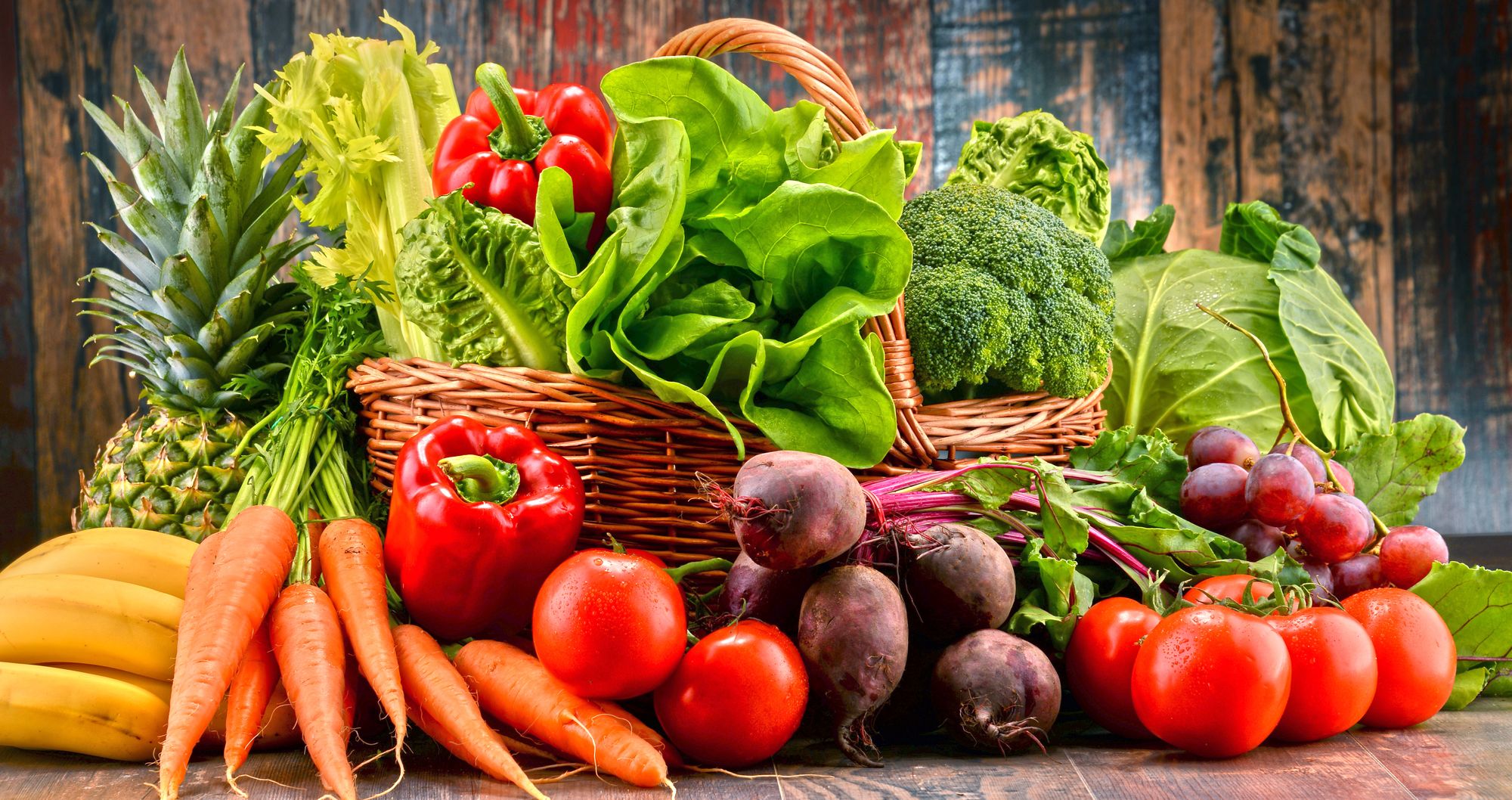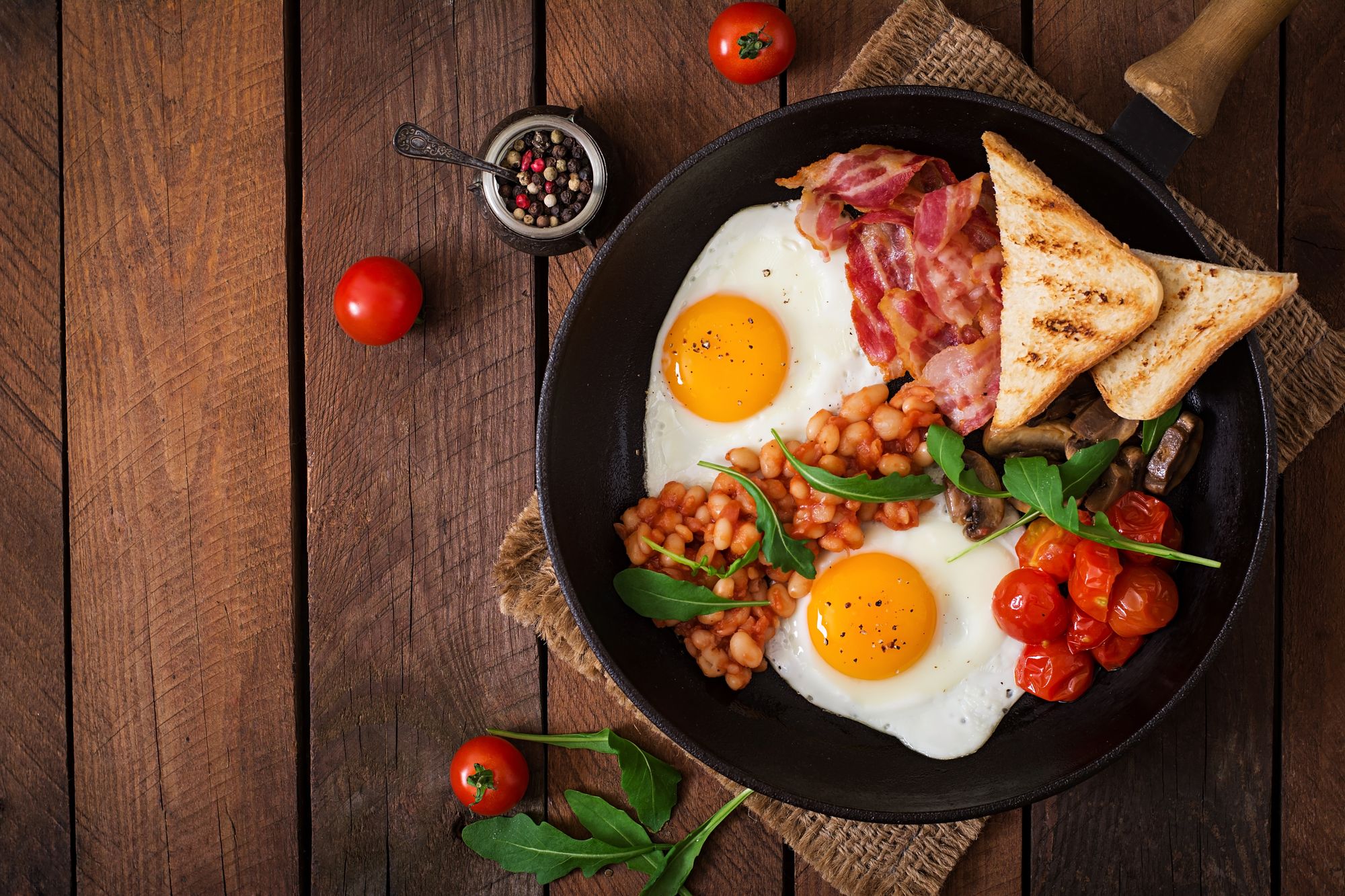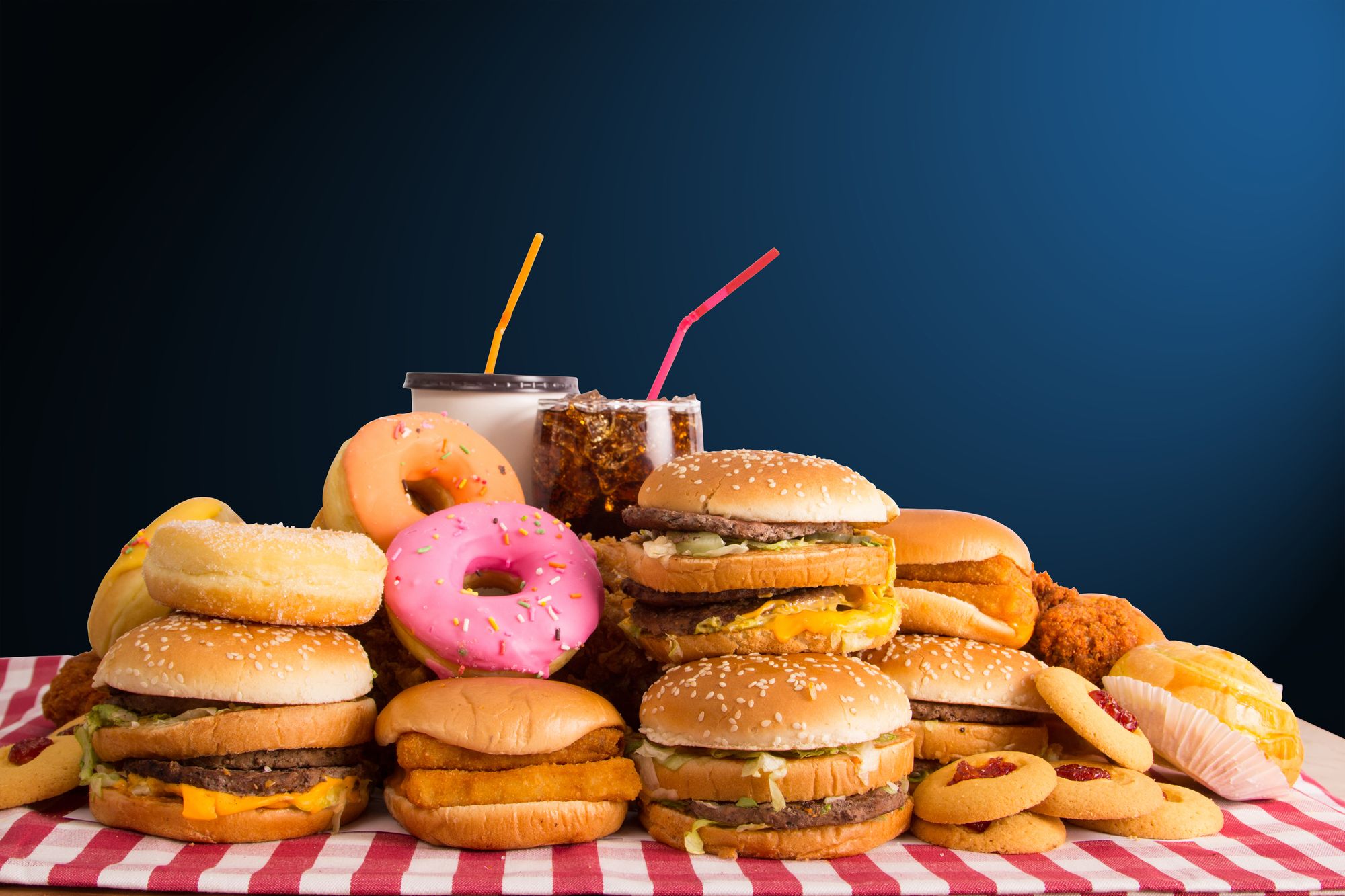Losing weight and keeping it off can be a challenging journey, and many people struggle to maintain a healthy lifestyle. According to a 2022 survey commissioned by Nutrisystem, over 70% of Americans are more health-conscious following the COVID-19 pandemic. However, 52% of the 2,000 adults surveyed reported gaining anywhere from nine to 20 pounds over the past two years. Weight loss was cited as the number one health priority for most respondents. Research also shows that dieters typically regain over half the weight they lost within two years.
To help people achieve sustainable weight loss, Eat This, Not That! spoke with health and nutrition experts who provided 15 tips. "Sustainable weight loss through a balanced, nutritious diet and regular physical activity is more likely to lead to long-term success and weight maintenance than fad diets or extreme weight loss methods," says Trista Best, RD, a registered dietitian with Balance One Supplements.
1) Eat Mostly Whole Foods for Optimal Nutrition and Health

Eating a diet mostly composed of whole foods is key to achieving and maintaining weight loss, according to nutrition experts. While it's okay to indulge in treats occasionally, it's important to prioritize whole, nutrient-dense foods as the foundation of your diet. A study published in The American Journal of Lifestyle Medicines in 2020 found that whole food plant-based diets can be highly effective for long-term weight loss and also reduce the risk of hypertension and type 2 diabetes. A registered dietitian, Trista Best, recommends focusing on a balanced diet that includes plenty of fruits, vegetables, lean proteins, and whole grains.
2) Skipping Breakfast? Here's Why You Should Think Twice

Skipping breakfast can be tempting when you're running late or trying to cut down on calories, but it may be doing more harm than good. According to Melissa Mitri, a registered dietitian with Melissa Mitri Nutrition, having breakfast every day can set you up for success and prevent cravings later in the day. It's also an opportunity to fuel your morning workouts, leading to a more effective workout and better performance.
Scientific research also backs up the importance of breakfast. A 2021 study published in Nutrients found that skipping meals, particularly breakfast, was associated with being overweight and obese. This is because skipping meals can slow down your metabolism and lead to overeating at your next meal. So, make sure to prioritize a nutritious breakfast to start your day off right.
3) Embrace Mindful Eating to Improve Your Eating Habits

One way to build healthy eating habits is through mindful eating. Instead of following strict diets or feeling guilty after indulging, mindful eating involves being aware of your body's hunger and fullness cues. This technique can make mealtime more pleasurable and prevent overeating, as shown by research.
To practice mindful eating, it is recommended to pay attention to hunger cues and eat slowly, according to Best.
4) Weekly Weigh-Ins Can Help You Monitor Your Weight Loss Progress

Keeping track of your weight is an essential aspect of weight loss, but obsessing over it can lead to negative effects. While weighing yourself every day may seem like a good idea, it's not the most accurate or sustainable way to track your progress. The American Heart Association warns that weight can fluctuate based on several factors and daily weigh-ins may discourage you from continuing if you don't see quick results.
Instead, aim to weigh yourself once a week. This way, you can still hold yourself accountable and stay aware of your progress while avoiding the potential negative effects of daily weigh-ins. "Tracking your weight often keeps you accountable and aware of what's happening. This keeps your results top of mind and mindful of your habits that lead to successful weight loss," explains registered dietitian Melissa Mitri.
5) Maintaining Proper Hydration Levels

Staying hydrated is crucial for maintaining good health and can also aid in weight loss. When you feel a craving coming on, try drinking a glass of water before reaching for your favorite comfort food. Research from 2016 found that staying hydrated can lead to weight loss by reducing the amount you eat and increasing fat-burning. Drinking water can also help suppress hunger, boost metabolism, and increase calorie burning efficiency, according to Johns Hopkins University.
To stay on top of your hydration, Trista Best, a registered dietitian with Balance One Supplements, advises drinking plenty of water to stay hydrated and reduce calorie intake.
6) Exercise Regularly

Mitri suggests that exercise is one of the most advantageous ways to maintain weight loss. Regular exercise becomes even more important after reaching your goal weight. In addition to burning calories, exercise can boost your mental health, increase confidence, and inspire you to eat healthier.
Regular exercise is a crucial component of sustainable weight loss. Physical activity increases the number of calories your body burns for energy. When combined with a small calorie deficit, exercise is a powerful tool for achieving weight loss objectives, according to the Centers for Disease Control and Prevention (CDC).
7) Make Sleep a Priority for Successful Weight Loss

Getting sufficient sleep is crucial for achieving weight loss and maintaining good health. The Sleep Foundation reveals that there is a significant correlation between sleep and weight loss. For instance, sleeping for at least seven hours each night can help control your appetite, reduce cravings, and enhance exercise performance.
Best suggests that "having an adequate amount of quality sleep every night can help promote weight loss and improve overall health." Therefore, prioritizing good sleep hygiene, such as establishing a consistent sleep schedule and limiting screen time before bed, can aid in successful weight loss.
8) Avoid Processed Foods for a Healthier Diet

When it comes to weight loss, choosing whole foods over processed ones is a smart move. While whole foods can help with weight loss, processed foods can be detrimental to it.
In a study, researchers gave half of the participants ultra-processed foods such as canned ravioli, chicken nuggets, hot dogs, pork sausage, and tater tots. The other half were given a diet consisting of grilled beef, fish, vegetables, and salads. The study found that those who ate a highly processed diet consumed more calories and gained an average of two pounds compared to those who consumed less processed foods.
"Limiting highly processed foods and focusing on whole, minimally processed foods can aid weight loss," recommends Best.

